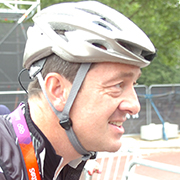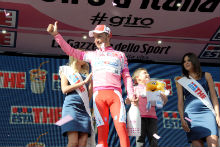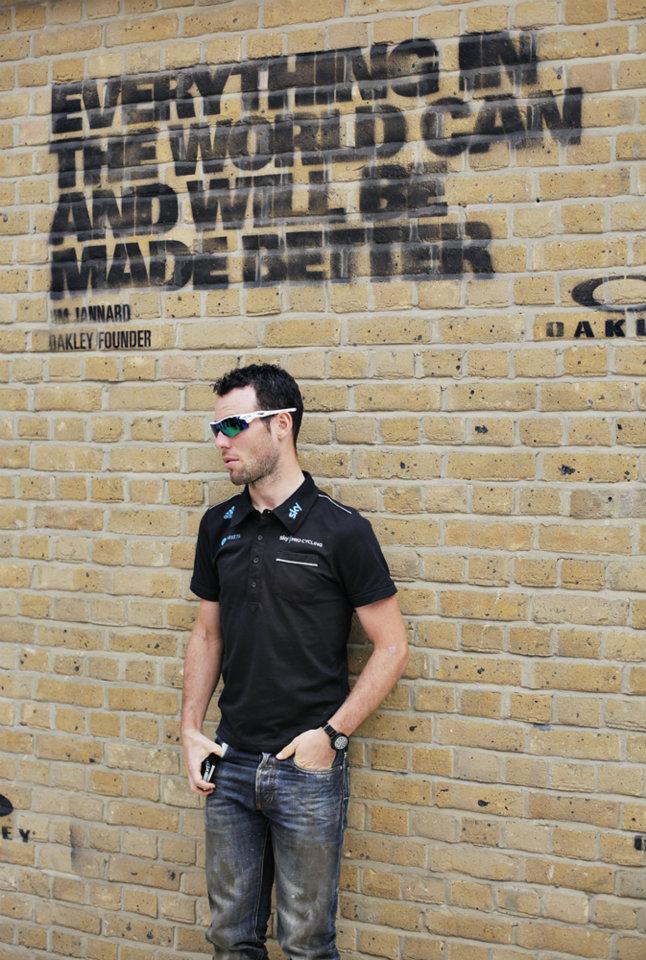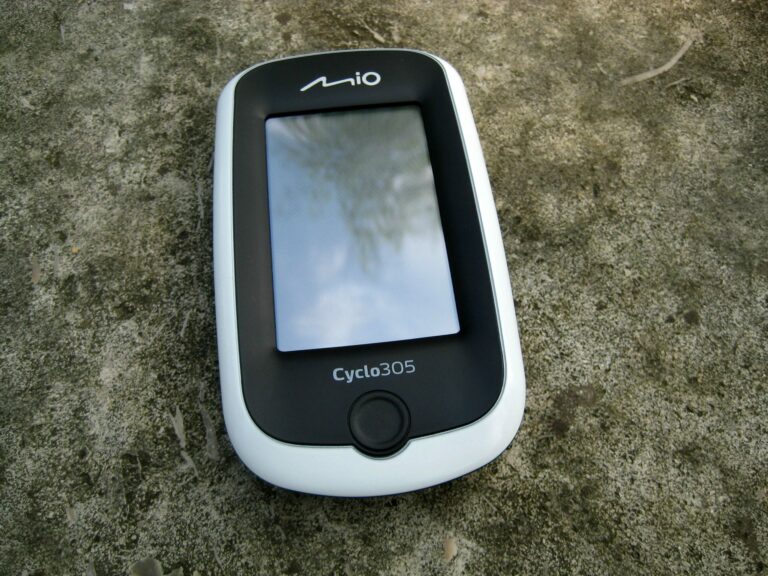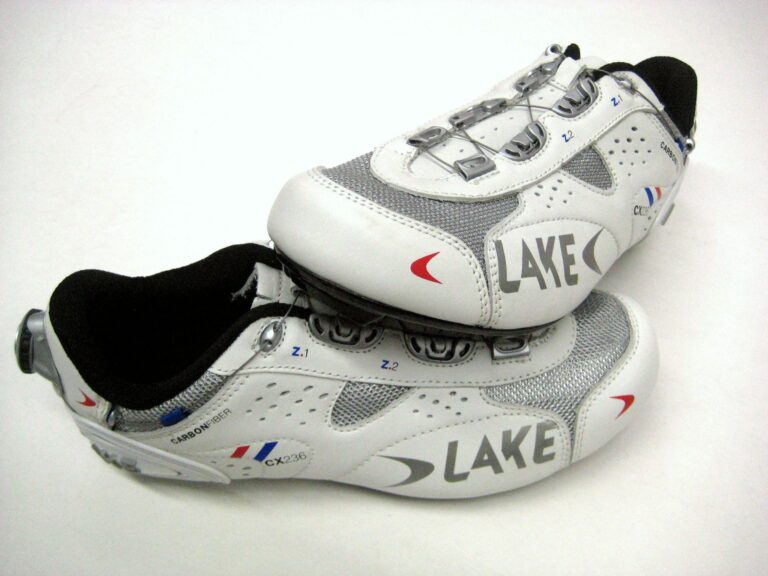Industry Insider is our new series asking the questions that matter of some of the key names in the bicycle industry. To kick-off the series, RCUK sat down with three-time Tour de France stage winner and 1992 Olympic individual pursuit gold medallist, Chris Boardman.
Boardman’s meticulous attention to technical detail earned him the nickname, The Professor, during his road and track career. Now, as director of research and development at Boardman Bikes, Boardman is the brains behind the five-year rise of a brand which is among the most popular on the road.
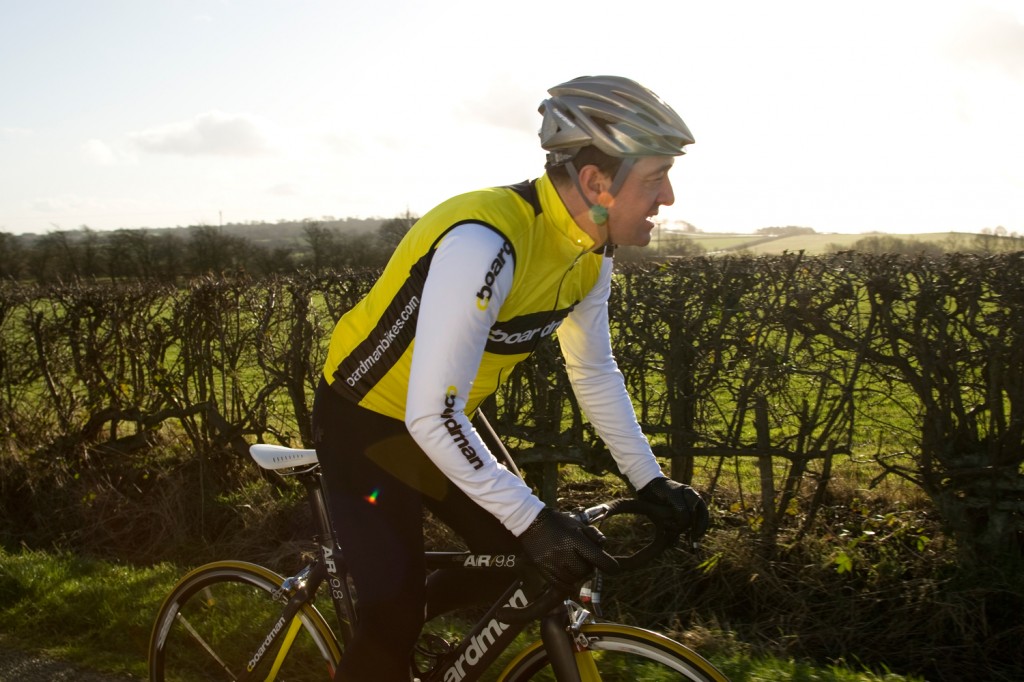
RCUK: Have you been surprised by how popular Boardman Bikes has been?
CB: Sitting on the start line at an Olympic final, having won all the rounds before, and having set world records, I never believed I was actually going to win it, because I look at things with the glass half empty, so when we were working away at doing something I never actually believed it would work until it happened.
And now we’ve had ridiculous growth. For the first four years the biggest challenge was keeping up with demand, and opening more moulds, and we were still not keeping up. So I was surprised in that sense, but I always am because I expect the worst – but it’s been brilliant, I think we’re in 86 countries now.
RCUK: Do you think the tie-in with Halfords has played a big part in the brand’s success?
CB: It has. You’ve instantly got access to hundreds of stores. I’m lucky in that I’ve had control over the product, literally sketching on pieces of paper at mountain bike centres, going all the way through to having the first sample, making sure it’s alright and then going back with feedback. That combination has worked really well, because we can come in at a really good price and give people what they want at a price they want.
RCUK: How much have you been involved in the design stage?
CB: Every bit – every nut and bolt. I find it just as much fun to look at a hybrid as I do a time trial bike. The time trial bikes give you more flexibility for imagination, in that now you’re trying to integrate everything and the frame is just the core, whereas a hybrid is more utilitarian and you have to make sure it’s compatible with other things. They’re just different jobs, but that’s the fun bit, and it’s one of the main reasons I’m stepping back from British Cycling, so I can invest more time in this, because as it grows it needs more time.
I like making things. My background is as a cabinet maker, or that’s what I trained to be, and I used to enjoy starting with a blank piece of paper and making something. Then I worked in a furniture shop where someone would come in with a picture from a magazine and I’d make that. Then when I was a pro bike rider and my bike didn’t meet UCI regulations, and I couldn’t get my position right as a result, I designed my own carbon fork, commissioned it and had it made, so I’ve always loved making things.
I’d always said no to people who said, ‘can we make some bikes and put your name to it?’ until [Boardman Bikes CEO] Alan Ingarfield came along and said ‘I’m sure we can make this better, what shall we do?’ and it went from there as it was the right combination of people.
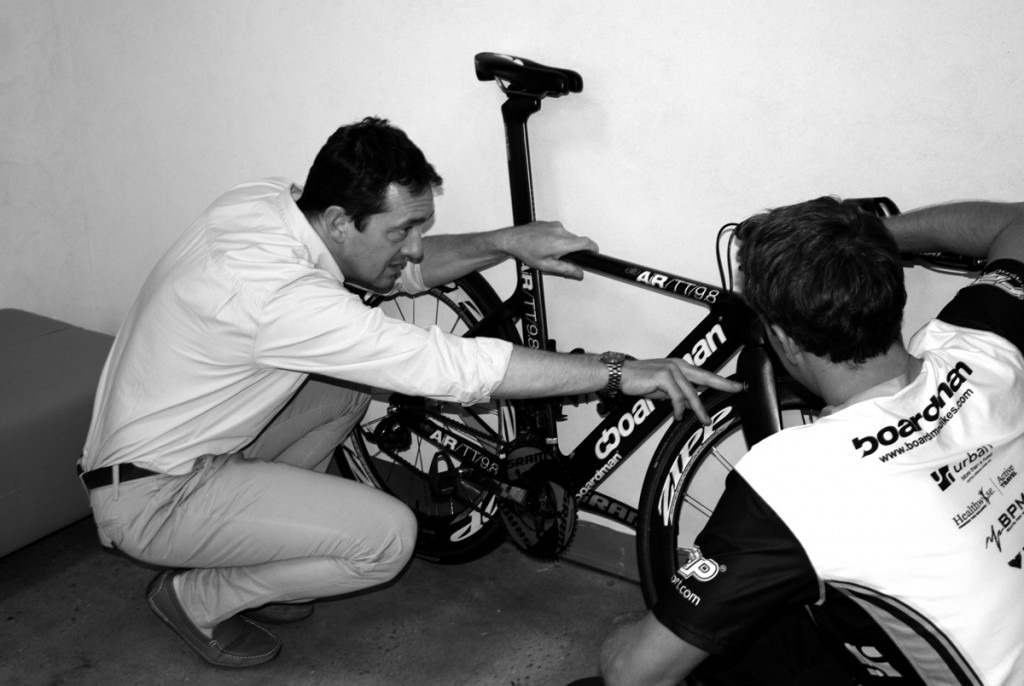
RCUK: Looking forward, are there a whole bunch of ideas in your head you want to develop?
CB: There always is, that’s the hardest bit. You never get to the end of a project, but you have to let go. What I do like is the stance we’ve taken with a two-year life cycle. We don’t do a launch every year, because generally it means you’ve got time to innovate and make meaningful changes. It’s not just a case of getting it out the door and changing the colour; we’re actually trying to do something different, getting prototypes and making adjustments.
RCUK: So it’s a case of quality over quantity?
CB: There’s a big commercial pressure on companies to bring something new out, to give the people a reason to buy more, but I think the two-year life cycle means the product holds value well for the customer, and you have time to make meaningful changes. So the last launch we had saw fundamental changes because we had time to do it across all the bikes, not just one or two of them.
We held a carbon bike at £999 for four years because it was an important price point, but in that time labour costs went up, raw material costs went up, and everything went up and the margin was massively stripped away but we held it for years until we said we didn’t want to drop the quality so the price had to go up. So everybody is subject to commercial pressures but, as far as innovation goes, we try and do as much as possible really.
RCUK: What’s in the pipeline for 2013?
CB: The time trial bike, or the triathlon bike to be more precise, is the most exciting project and we’re looking forward to that. We’re hoping that’ll be visible later this year. I try to avoid the word sponsor because, while we’re doing that, we involve all our riders in the process and [Boardman-sponsored triathlete] Pete Jacobs has been involved at every stage.
When I was a pro, people used to turn up at the start of the year and say, ‘look at this wheel, we want your opinion’ and I was looking at it and thinking ‘well, you’ve made it, you’ve made the moulds, you just want me to tell you it’s great, don’t you?’ because there’s nothing you can do at that point. We actually say to our athletes ‘right, we’re going to make a mountain bike, tell us what should be in there’ and then they get a prototype, so we say ‘tell us, warts and all, what to do’ so they’re genuinely involved.

CB: Where do you see design trends going in 2013?
RCUK: More integration, I think is a trend. I’m not sure about disc brakes on road bikes yet. We’ve thought about it very deeply, and we’ve experimented with it, and all our cyclo-cross bikes immediately went to disc brakes, but there’s a lot of challenges to overcome. To make the most out of disc brakes they have to be hydraulic, and I think you’ve still got that integration problem, because brake levers and gear levers combined aren’t setup for hydraulic yet and doing anything to make it work is messy. So I think that’ll be a couple of years in coming.
As for integration of parts, you see it frequently now on time trial bikes. Whereas it used to just be a frame, now you’ve got frame and seatpost, and frame, seatpost and stem, and you’ve got custom brakes. Bar the wheels, you’ve almost got a complete bike and I think you’ll see more of that now. It looks really nice on a time trial bike so why not on a road bike?
CB: When do you think disc brakes on road bikes will take off?
RCUK: For something to be a trend you have to see the top people using it, then it filters down; it almost never goes the other way. So it’ll take a first team to switch, which will give them massive service issues – in a race you can only have so many wheels – but that’s where you’ll need to see it first. First you’ll probably see it go into the cobbled Classics, then a team will do it in the Tour de France, then it’ll filter very, very quickly from there, but it’ll need those steps first. There’s also the question of whether the industry needs a standard change, for example with rear axle width, which changes the whole frame, because when you look into it you realise the amount of changes required just to put disc brakes on a bike.
RCUK: There are more bike brands popping up all the time. Do you think it’ll reach saturation point?
CB: About now. It’s a Darwinian process of turnover, and that’s the way it’s going to be. The brands who have enough USPs will survive. I’ve always thought there are five different things you need for a bike to make it, and the name is probably the fifth. It’s just the icing on the cake, but I’ve never kidded myself that just having the name is the way to go, because there’s been a lot of bike riders over the past few years, and certainly right now, who aren’t really involved in the design side of it. So it doesn’t work in its own right, other than in a very small niche area. For example, Cipollini is a very iconic figure and if someone wants a carbon bike then they’ll get one of his. So I think it takes a lot of elements to stay ahead of the crowd and I think innovation is, by definition, risk as well. If you want to be ahead then you’ve got to do something which hasn’t been done and you never know whether it’s going to work.


